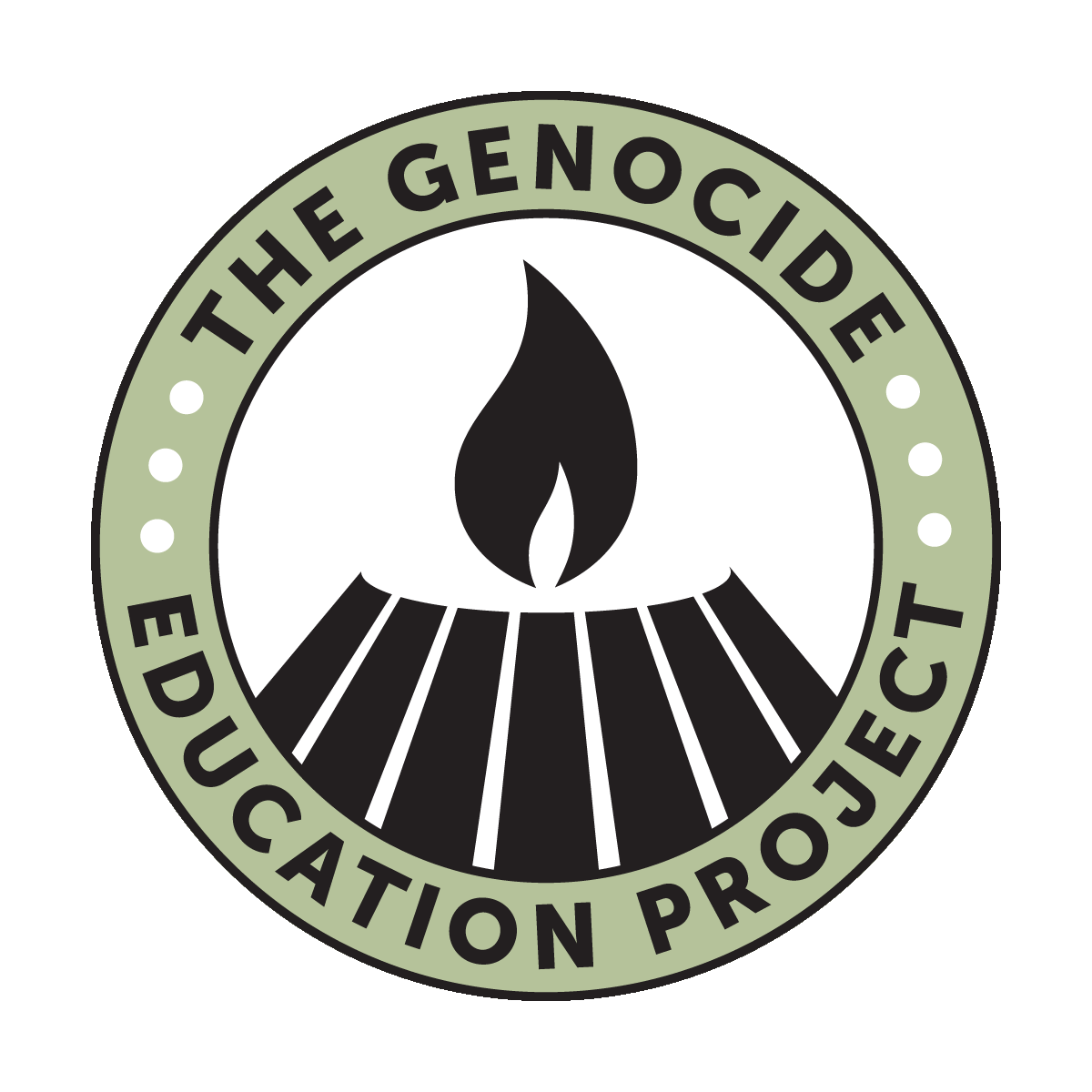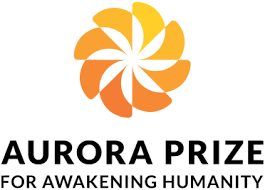25.03.2022

March 25 is the Bengali Genocide Remembrance Day, which commemorates the victims of the 1971 genocide in Bangladesh. And in this regard, we talked to a bengali genocide scholar Mofidul Hoque․
With the launch of a military "Operation Searchlight" in Eastern Pakistan (Bangladesh) on March 25, Pakistan aimed to suppress Bangladesh's right to self-determination. Pakistan's actions lead to genocide, causing many deaths. March 25 is the Day of Commemoration of the Bangladesh genocide when Bengali people commemorate the victims of the 1971 massacres. What kind of official commemoration ceremonies are held in Bangladesh on March 25.
- Pakistan, since its inception in 1947, has established a domination of Western part over the Eastern wing, that started with the denial of language right and took the form of cultural, economic, administrative and political domination. The Bengali people's struggle for their national rights reached a new height with overwhelming victory in the first national election held in 1971, when the Awami League, led by Sheikh Mujibur Rahman got massive support to become the majority party in All Pakistan National Assembly. But the military junta of Pakistan had no intention to transfer power to the elected representatives. Just three days before the opening of the Parliament session the ruling General Yahya Khan unilaterally postponed the session indefinitely. In protest, Sheikh Mujib called for non-violent non-cooperation movement. On 7 March he delivered a historic speech at a mammoth public meeting that united the Bengali people for their struggle for self-determination. The speech has been recognized by UNESCO as a Memory of the World inscription. The Pakistani rulers resorted to military might to solve the political problem. On the night of 25 March 1971 they launched a brutal attack on Bengali civilian population, code-named "Operation Searchlight". The attack was widespread and systematic, targeting the Bengali nationalists, Hindu religious group and intelligentsia. The brutality resulted in one of the worst genocide in the post-World War II period.
Facing the brutalities of genocide Bangladesh launched its war of liberation and emerged as an independent state in December 1971. The post-genocidal state and society took the initiative to memorialize and commemorate the past genocide. But the process came to a halt in August 1975 with the brutal killing of the Founder of the State Sheikh Mujibor Rahman. A long period of denial and distortion of history followed.
During the long era of government's indifference, neglect and non-recognition, the people who commemorated March 25 in their own way, еspecially by organizing a candle-light vigil in remembrance of those who perished in the black hole of genocide. With the change in government in 2009, Bangladesh returned to the right track of history. The commemoration of March 25 gained momentum and in 2017 the Parliament officially declared March 25 as the Day of Bangladesh Genocide.
The extermination of the intellectuals accompanied the 1971 genocide committed by Pakistan in Bangladesh. The Pakistani military-political leadership intended to assassinate each city's prominent scholars and professionals to deprive the Bangladeshis of their academic and professional potential. The Ottoman authorities also targeted the intellectuals during the Armenian genocide. What do you think about the destruction of the cultural and educated elite in the context of the genocide?
- Genocide is the most brutal act carried out with the intention to destroy a nation. As such, national cultural identity and the persons who articulate and strengthen the identity to contribute to the cohesion of the nation become the target of the destructive forces. This has been starkly reflected in the Armenian Genocide, as well as in the Cambodian and Bangladesh genocide. When the Pakistan Army launched their attack on 25th March 1971 they not only targeted the university, murdered leading professors and academics, they also demolished the 1952 Language Martyr's Monument and a few other symbolic cultural properties. The intent of genocide is reflected in the brutality against cultural and educational interlocutors. On 14 December 1971, prior to their surrender, the Pakistan Army and their local collaborators carried out a brutal killing of leading intellectuals, artists, teachers, authors and dumped the dead bodies at a riverside brickfield. Bangladesh observe 14 December as Intellectual Killing Day and a vast memorial has been constructed at the site which is the main place for commemoration.
According to different estimates, in the nine months of the war for Bangladesh's independence, the Pakistani military and collaborating militants killed about 3 million people and raped about 250000 Bangladeshi women and girls. At least 10 million people migrated to India, 30 million people were forced to leave their homes. What are the nowadays consequences of this violence in Bangladeshi society?
- Genocide in Bangladesh caused unmeasurable suffering to the nation and its people. In order to address the trauma and pain, it is an important component of this struggle. In 2010 Bangladesh could establish a tribunal to try the persons accused of genocidal crimes committed in 1971. This contributed to healing the wound of the victims and reconciliation in society based on humanitarian law and values.
Is the Bengali society aware of the Armenian genocide? What parallels can you draw between the Armenian genocide and the genocide in Bangladesh? Is Bangladesh considering the issue of recognizing the Armenian genocide?
- As a nation that was the victim of genocidal brutality, we feel empathy and solidarity with other victims of mass atrocity crimes. This is very much true for Holocaust suffering and survival. The 'Diary of Anne Frank' and other works of literature or film is popular among Bengali readers, the Armenian genocide is not unknown to the Bengalis. There are references to the Armenian genocide to be found in art and literature. Selim Al Deen in his play on genocide in history, titled "The Deluge", referred to the Armenian genocide. Liberation War Museum has constructed a memorial at a killing field in Dhaka suburb, known as "Jalladkhana" or "Butcher's Den". They’re on a wall with a list of major genocides of the 20th century the first reference made is to the Armenian tragedy.
There was a relatively sizable Armenian community in Dhaka, concentrated in the neighborhood of Armanitola (The area in the old city of Dhaka takes its name from the Armenian settlement that surrounded the Armenian church) in the early 18th century. The Armenian community played a significant role in Bengali trade and commerce in the 17th and 18th centuries. The first public meeting of the Awami League (one of the major political parties in Bangladesh) was held at Armanitola Maidan. How would you assess the significance of the Armenian heritage for Bangladesh? Is the Armenian community in Bangladesh today?
- Bengal in the pre-colonial period was a rich land that attracted traders and adventurers from far away. The Bengal delta embraced people from many parts of the world. Even during the early colonial rule of the East India Company global trade flourished in Dhaka with a lot of factory owners and traders from different nations settled here.
The Armenians were very much part of Dhaka's urban life which later on became more monolithic. But the Armenian church and cemetery bear the testimony of the rich multi-cultural life of Dhaka in the mid-18th century. The locality is still known as Armani-tola, meaning abode of the Armenians. Unfortunately, the last Armenian in Dhaka died a few years ago. The church is still under the jurisdiction of the Armenians, who maintain the institution from abroad. Nicholas Pogose, an Armenian established a school in Dhaka in 1848 bearing his name. It is one of the oldest schools in Dhaka.
What steps have been taken to recognize and condemn the Bangladeshi genocide in 1971? Pakistani government continues the denial, but what is the attitude of the Pakistani society towards the recognition of the genocide?
- Armenian Genocide happened at a time when there was no United Nations or any international body to intervene to stop the genocide. Bangladesh genocide happened in 1971 when the UN was in limbo because of cold war rivalry and no action was taken to stop the genocide. Pakistan still denies the genocide of 1971, but many of the artists, writers, social activists are searching for truth. LWM and civil society in Bangladesh have contact with them and we believe the truth will prevail.
The Liberation War Museum in Dhaka, the capital of Bangladesh was established in 1996 that commemorates the heroic struggle of the Bengali people for their national rights and against genocide unleashed by the military rulers of the Islamic Republic of Pakistan. As a founder trustee of Liberation War Museum, what do you think about possible cooperation between the Liberation War Museum and the Armenian Genocide Museum-institute?
- Liberation War Museum as a citizen's effort started its journey in March 1996 in a rented small way at a two-storied colonial building. The strong support is generated from the community made it a people's museum which gradually became a rich depository of historical documents and platform for various community events and academic research.
The memorialization raised the issue of recognition of victimization and the establishment of justice for genocidal crimes. LWM took various initiatives to carry forward this task of history. Such acts brought LWM in contact with similar initiatives in other places of the world. This global solidarity enriched our understanding of genocidal brutality and serve as a source of strength for us. We want to tell our story to others and learn from the experience of others. In this context, the collaboration and cooperation between Armenia and Bangladesh have great significance for both of our countries. We have long historical connectivity and the great tragedy that had befallen us in the 20th century created new bondage in suffering and efforts to overcome that. Let us work together to say 'Never Again' and work to build a better future for all.
Narek Poghosyan

National Martyr’s Memorial





